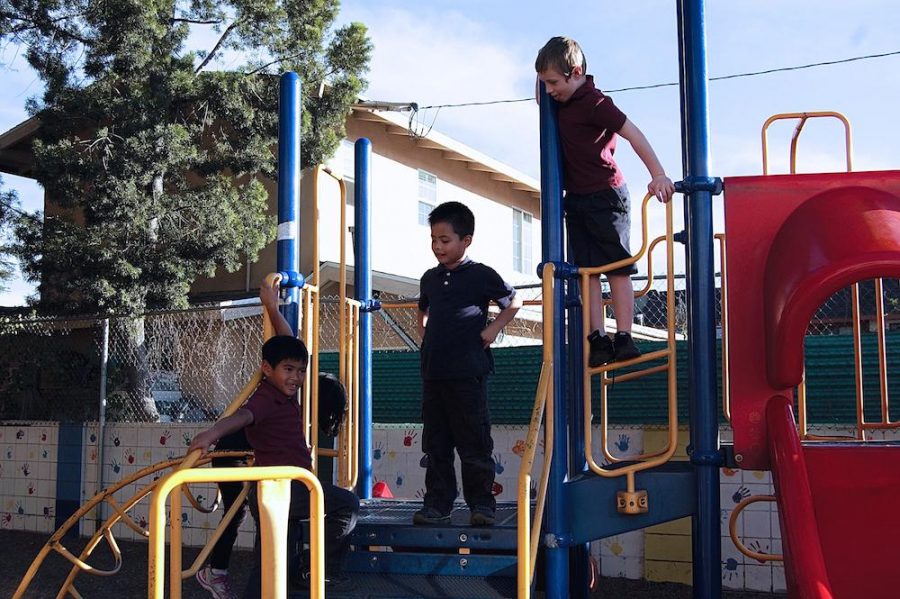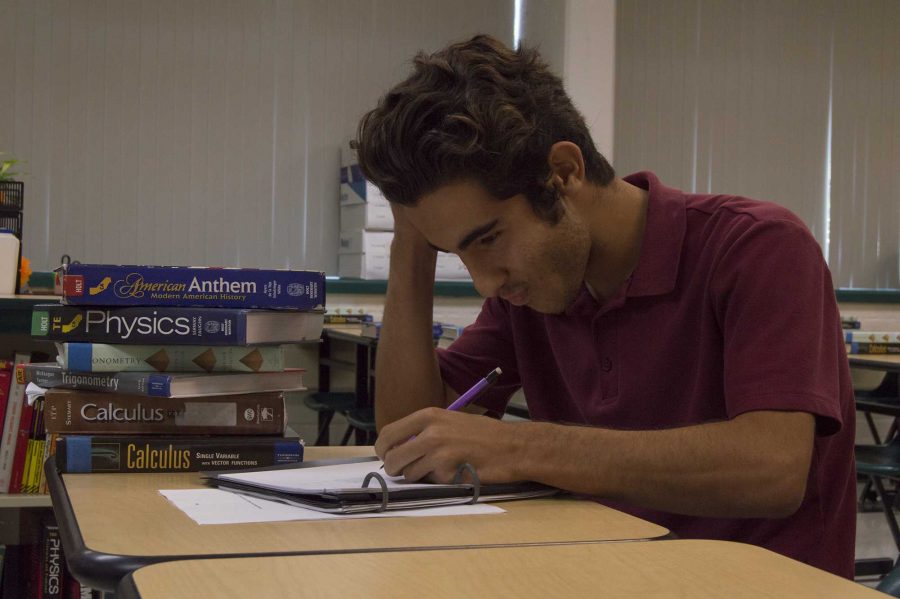(September 30, 2011) — Sophomore Vartouhi Tashchyan said she feels that the option to decide whether certain school materials are actually necessary is very important. “The ability to say no to any outrageous requirements or fees is a necessity,” Tashchyan said. “I like the idea that if a subject requires a $100 uniform, or to purchase a personal microscope, I can say that I refuse to pay for it, or that I can’t afford it.” Many students returned to school this fall to find classroom syllabi language had been edited to “recommended” or “donated” materials. Yet, many did not know the reason for this change, or didn’t register it at first. These small changes grew out of a series of recent lawsuits. A September 2010 article from the New York Times stated that a group of students, parents and school districts sued the state of California, declaring that many fees in the public school system were unconstitutional. Schools all across the state were charging students excessive fees. One public high school in San Diego was requiring a $500 camera for a photography class. The camera purchase was optional, but only if the student was willing to have their grade affected. A different high school in the same district was charging over $1800 for cheerleading uniforms. Many California school districts became aware of the problem shortly after. Since then, the Glendale Unified School District has made efforts to avoid any conflict within its own district. Deputy Superintendent Dr. John Garcia posted a PowerPoint presentation on the GUSD website to bring awareness within the district’s teaching staff. At the beginning of the school year handouts were given to all Clark teachers to caution them about the new law. Due to the fact that interscholastic sports are not offered at Clark, students do not have to worry about fees associated with being on a sports team. However, the school used to require its students to purchase P.E. clothes. Now, in order to assist those who have financial difficulties, alternative P.E. clothing is accepted. All new syllabi given at the beginning of the year have been retyped to say “Students are recommended to..” and “Recommended materials are…”. The slight modifications have changed the way teachers can teach, because now they may not request students to have materials if they cannot afford them or if they refuse to purchase the materials. Art teacher Nyrie Gharibian is just one of the teachers whose class has felt the impact of the situation. Her class now has a materials donation of $10 for classroom supplies as opposed to a materials requirement. Because of the change in the syllabus wording, Gharibian said she expected the donations to be less. “I was surprised, more people turned in the donation than I expected,” she said. Even in the past, however, Gharibian said she has never forced her students to pay the fee, especially if there were any financial issues. Requiring fees for students to pay is now illegal. Some teachers are offering to supply the student with the recommended materials if the student cannot afford to get them on their own. “It’s hard to say whether the new law will impact the school, but it definitely will change the way we do things,” Gharibian said.
Categories:
New California law bans ‘required’ materials
September 30, 2011
More to Discover








